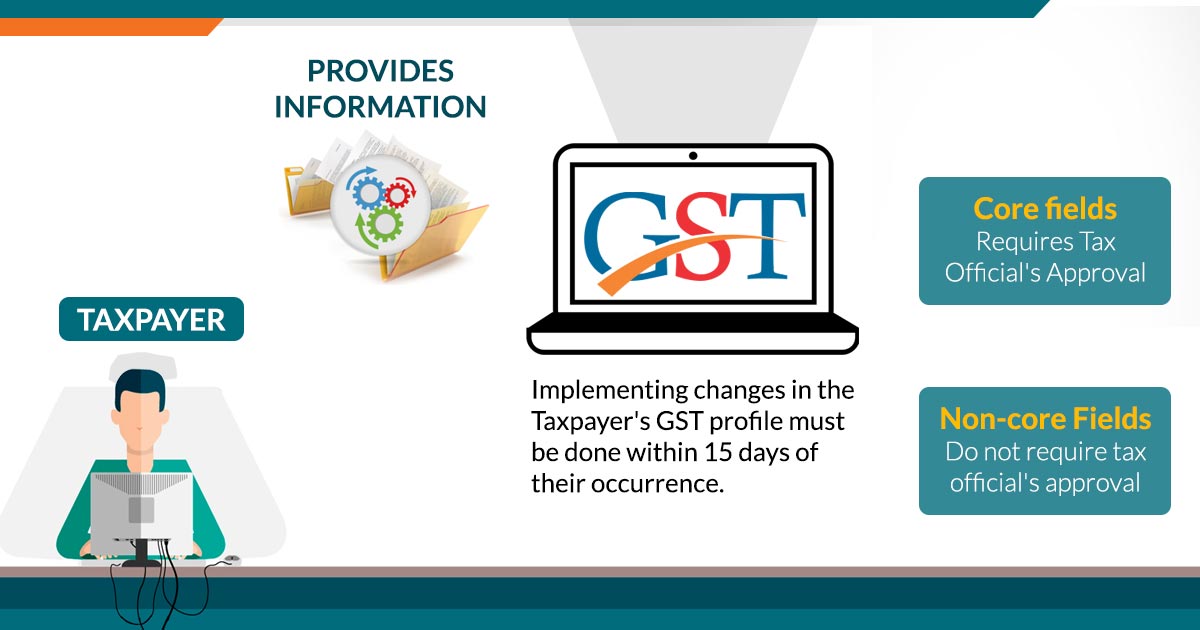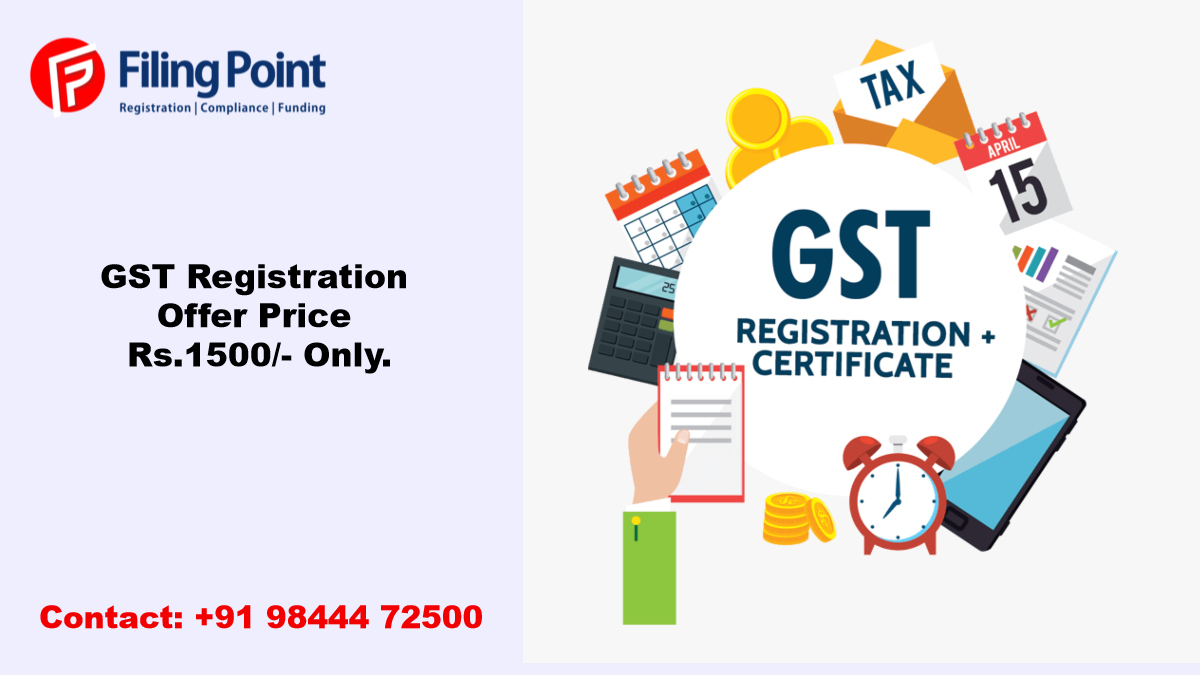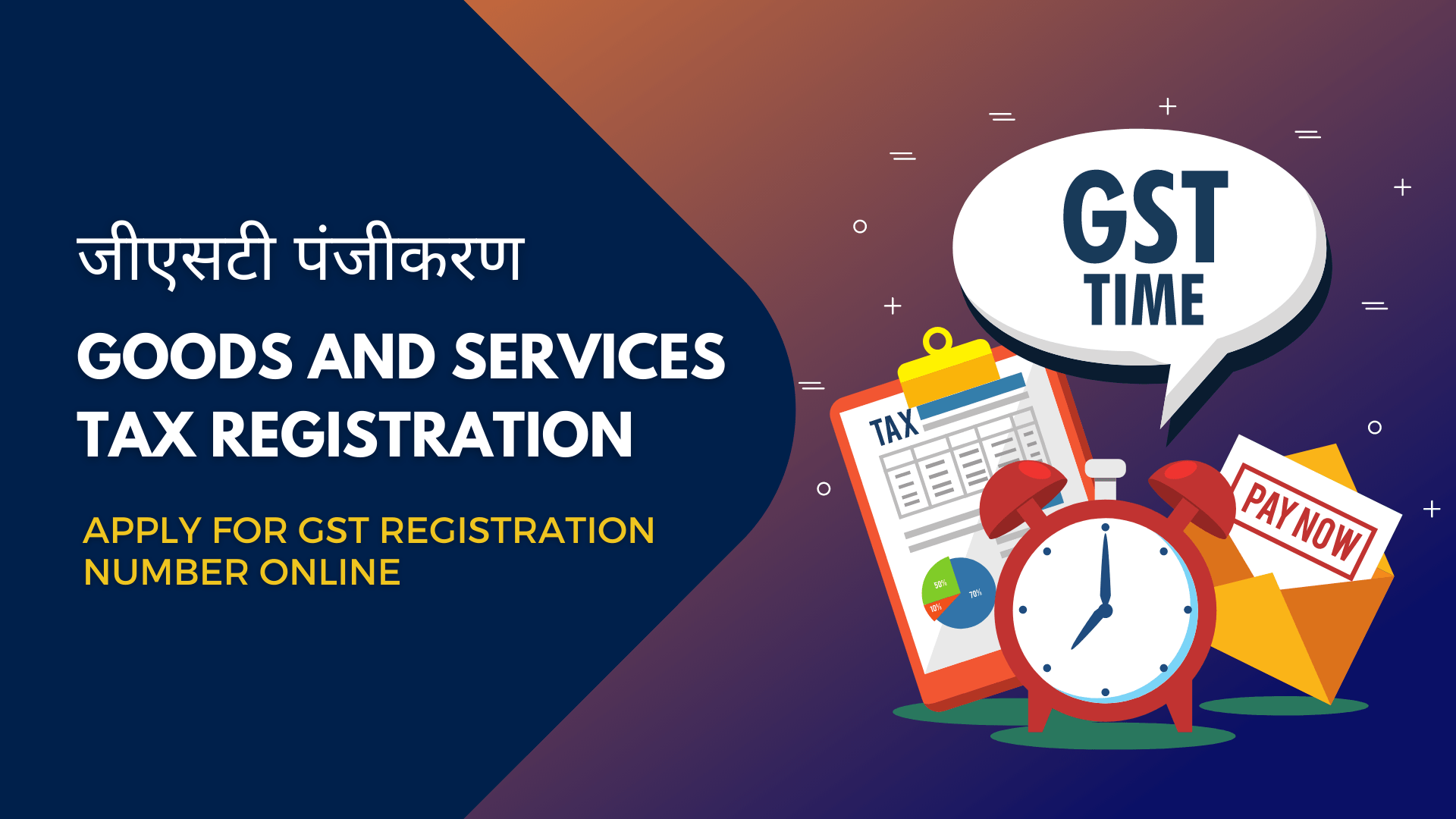Navigating the Complexities of GST Registration: A Comprehensive Guide for Entrpreneurs
Browsing the intricacies of GST registration can be a difficult task for several service owners, as it involves a myriad of policies, policies, and refines that need to be complied with. With the ever-evolving landscape of tax obligation legislations, guaranteeing conformity and comprehending the intricacies of GST registration is crucial for the smooth operation of any kind of company. From establishing eligibility and collecting the required documentation to optimizing procedures for maximum effectiveness, this comprehensive overview intends to supply local business owner with the knowledge and tools required to browse the complexities of GST enrollment successfully.
Qualification for GST Registration
Local business owner must satisfy specific requirements to establish their eligibility for GST registration. As a whole, companies with an annual turn over going beyond a certain limit are called for to register for Product and Provider Tax Obligation (GST) This threshold varies by country, however it is essential for entrepreneurs to remain educated concerning the particular guidelines in their territory. In addition, services associated with interstate materials, e-commerce, or the arrangement of specific defined items and services may likewise be mandated to register for GST, despite their turn over.
Additionally, services that are signed up under any type of previous tax program, such as VAT or service tax, are generally required to transition to GST registration. Understanding these criteria is essential for company owners to ensure conformity with the legislation and prevent any penalties or lawful concerns. It is a good idea for entrepreneurs to talk to tax specialists or lawful advisors to assess their qualification for GST enrollment precisely. By adhering to the necessary standards, organizations can efficiently navigate the complexities of GST enrollment and operate legally within the tax obligation structure.
Files Needed for Registration
To complete the GST registration process, services require to collect and send a comprehensive set of documents. The crucial papers needed for GST enrollment commonly consist of evidence of organization enrollment or incorporation such as the Certificate of Consolidation, collaboration act, or any kind of various other enrollment certification.
Moreover, certain papers connected to the nature of the service, such as a listing of goods or services provided, HSN codes for products, and SAC codes for services, may be called for - Why choose CFO Account & Services for GST registration in Singapore. It is essential for companies to ensure that all papers submitted are exact, current, and in the suggested style to avoid any type of hold-ups or problems in the GST registration procedure
Process of GST Enrollment
Having set up the requisite paperwork, businesses continue to start the GST enrollment process by involving with the on the internet portal marked for registration. This on the internet portal is the Product and Services Tax Obligation Network (GSTN) portal, which functions as the primary system for all GST-related activities in India. Upon accessing the website, companies are called for to fill in the GST registration kind with accurate information concerning their service tasks, turnover, and various other relevant info.
Once the form is completed and submitted on the site, the GSTN validates the information given by the business. The applicant might be called for to give added info or explanation if any discrepancies are discovered. Complying with effective confirmation, a GST enrollment certification is released to business entity. This certification has a special Goods and Services Tax Recognition Number check out here (GSTIN) that is made use of for all GST-related purchases.
It is essential for companies to make sure that the info supplied throughout the GST enrollment procedure is precise and as much as date to stay clear of any potential issues or delays in obtaining the GST enrollment certification.
Recognizing GST Conformity

Businesses need to be knowledgeable about the numerous GST conformity needs based upon their turnover, nature of solutions or products, and the states in which they operate. It is important to stay updated on any adjustments in GST regulations and guidelines to avoid any type of non-compliance problems.
Non-compliance with GST policies can result in large penalties, penalties, and even lawful repercussions. Organizations have to invest time and resources in enlightening themselves and their personnel on GST compliance. Looking for expert assistance from check these guys out tax obligation advisors or professionals can likewise aid in navigating the complexities of GST conformity and making sure that companies run within the legal structure.

Tips for Optimizing Organization Procedures
For boosted effectiveness and efficiency in business procedures, calculated planning and streamlined procedures are vital components. One tip for maximizing service operations is to utilize modern technology effectively (Why choose CFO Account & Services for GST registration in Singapore). Applying the appropriate software application options can automate recurring jobs, enhance precision, and improve general process effectiveness. Additionally, conducting routine performance examinations and gathering responses from employees can give important understandings for determining traffic jams and areas for renovation.
An additional essential facet is focusing on tasks based on their relevance and deadlines. By producing a clear power structure of tasks and setting sensible timelines, businesses can ensure that important tasks are finished on schedule. Promoting a society of open interaction and partnership amongst group participants can lead to raised performance and innovation.

Final Thought
In verdict, browsing the intricacies of GST registration requires a clear understanding of eligibility criteria, necessary files, registration processes, and compliance requirements. By adhering to these guidelines and optimizing business procedures, organization proprietors can make certain smooth procedures and conformity with the GST laws. It is crucial for businesses to remain enlightened and upgraded on GST guidelines to prevent any penalties or legal concerns.
The vital papers required for GST registration generally include evidence of organization enrollment or consolidation such as the Certificate additional resources of Unification, collaboration action, or any type of other enrollment certificate.Having assembled the requisite documents, services proceed to initiate the GST enrollment procedure by engaging with the on-line website designated for enrollment. Upon accessing the website, companies are required to load out the GST registration form with exact details concerning their service tasks, turn over, and other relevant details.
In order to maintain adherence to GST laws and prevent penalties, organizations need to prioritize comprehending GST compliance. By sticking to these guidelines and maximizing company procedures, service owners can make sure smooth operations and conformity with the GST regulations.